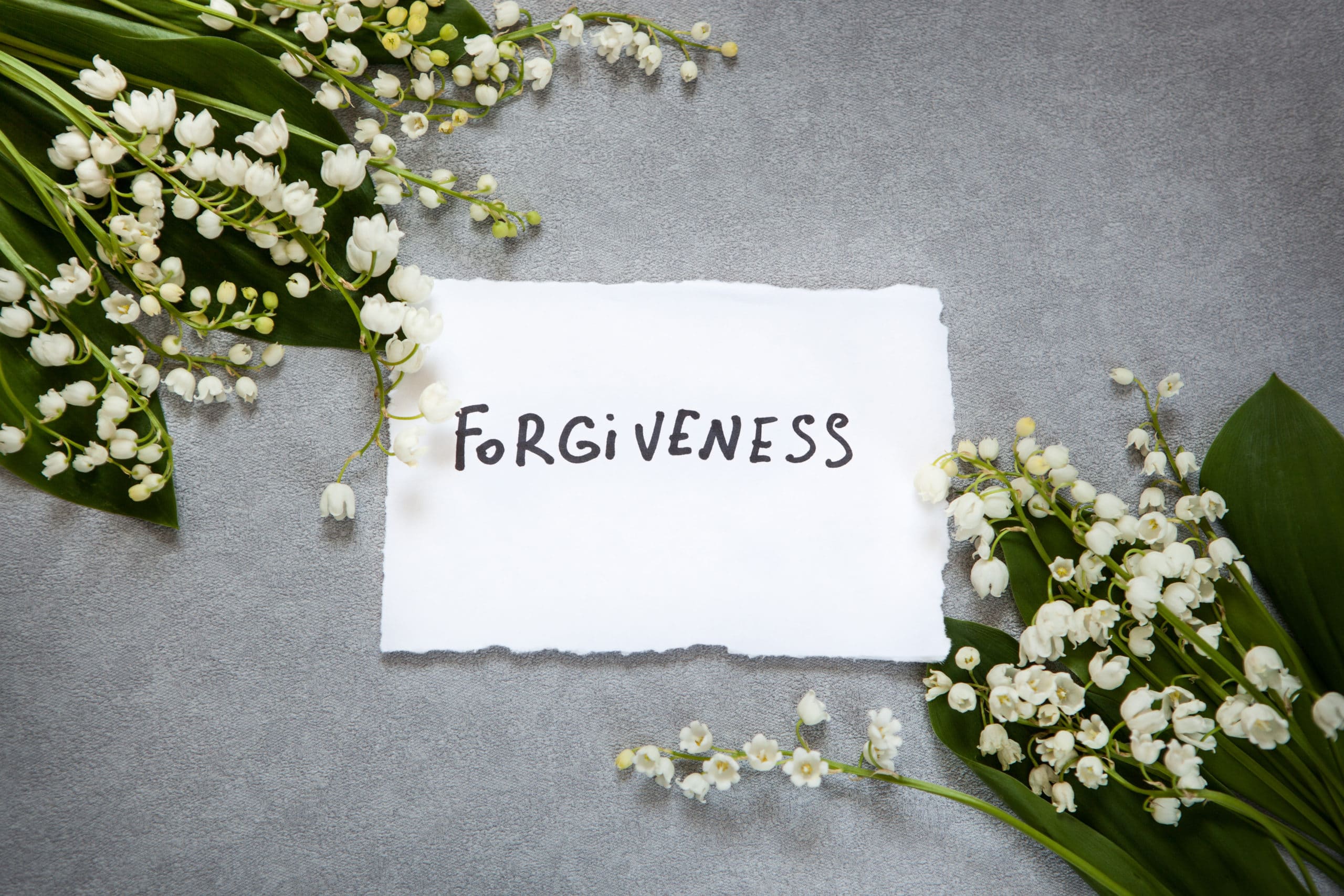What is the difference between forgiveness and reconciliation?

Forgiveness and reconciliation are not the same. Although God always requires forgiveness by the one who was wronged (see Matthew 6:14-15), forgiveness does not always lead to reconciliation, the reason being that reconciliation, unlike forgiveness, is a two-way process involving both the offended and the offender.
“Forgiveness is an internal process where you work through the hurt, gain an understanding of what happened and let go of the grudge. The offending party is not necessarily a part of this process. On the other hand, reconciliation is an interpersonal process where you dialogue with the offender about what happened, exchange stories, express the hurt, listen for remorse, and begin to reestablish trust. It is a much more complicated, involved process that includes, but moves beyond forgiveness. Forgiveness is solo. Reconciliation is a joint venture.” (Quoted from psychologytoday.com)
Reconciliation is focused on restoring broken relationships. Restoration is a process, sometimes a lengthy one, especially when trust has been deeply broken. Many times even if the offender confesses his or her wrongs and appeals for forgiveness, the offended person may need time before trust is regained. When a deep hurt has taken place, often words alone are not enough to restore trust. The offended party should, therefore, look for positive changes in the offender before going forward with reconciliation.
When an offended party works toward reconciliation with the offender, the first step is the genuine repentance on the part of the offender (see Luke 17:3). Does the offender accept full responsibility for his or her actions and welcome accountability from others? Has the offender given up his or her hurtful behavior and has a humble and sincere attitude regarding his or her past offense? Has the offender tried to make restitution where necessary?
We realize that if you have been seriously hurt, you rightfully feel hesitant about reconciling with your offender. However, if the offender is genuinely repentant, it is important to be open to the possibility of restoration.
On a grander scale, the Apostle Paul tells us about the ministry of reconciliation in 2 Corinthians 5:18-20. In the coming age man will be reconciled to God through Christ and his followers in heaven. It will be a lengthy process. If we are true believers, then we will be part of that ministry of reconciliation in the future. What a wonderful opportunity we have to apply the principles of reconciliation now!
”All this is from God, who reconciled us to himself through Christ and gave us the ministry of reconciliation: that God was reconciling the world to himself in Christ, not counting people’s sins against them. And he has committed to us the message of reconciliation. We are therefore Christ’s ambassadors, as though God were making his appeal through us. We implore you on Christ’s behalf: Be reconciled to God.” 2 Corinthians 5:18-20
To learn more about forgiveness listen to, “Did I Really Forgive Them?”






